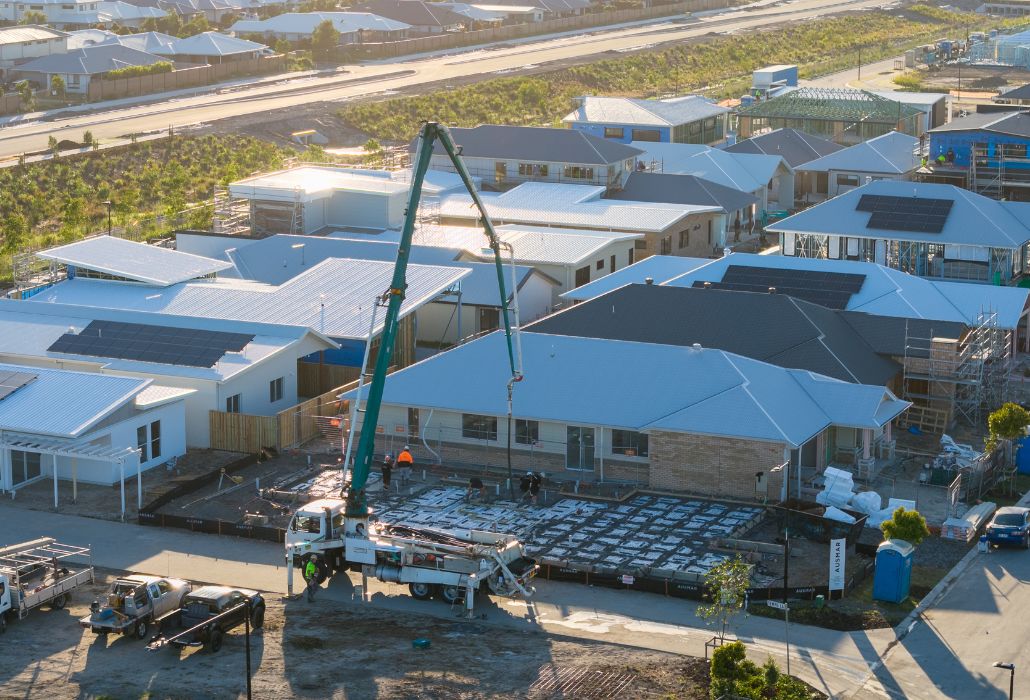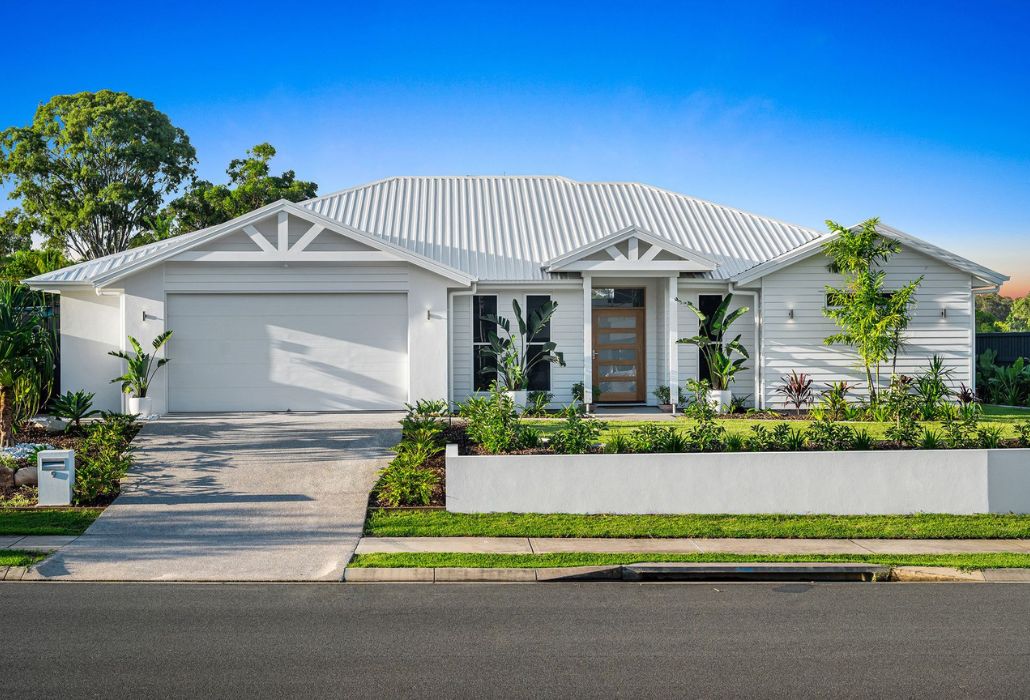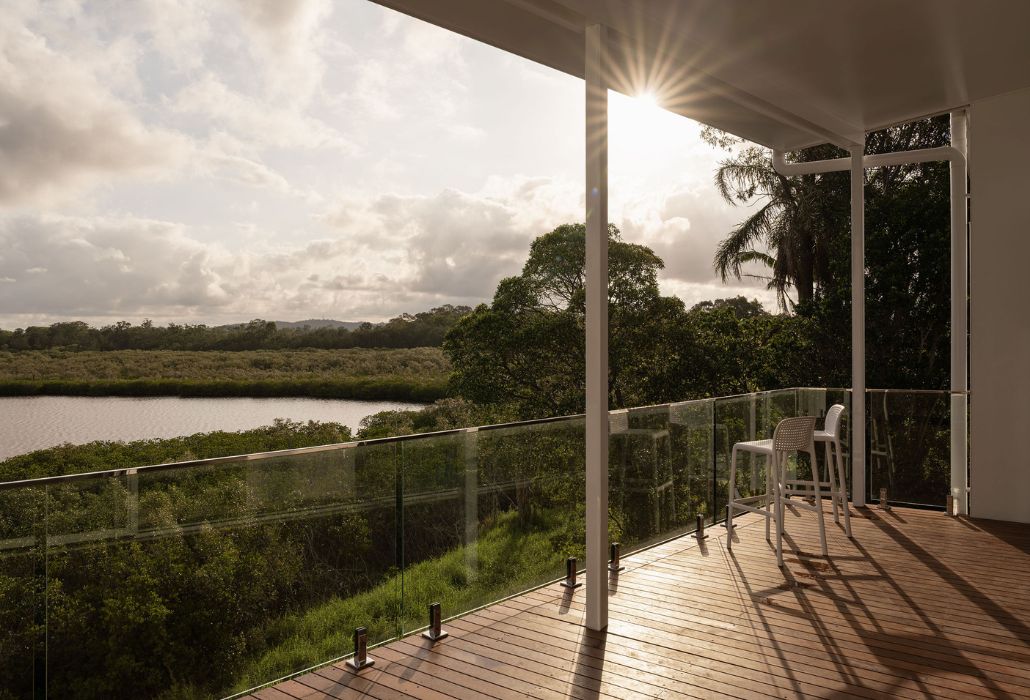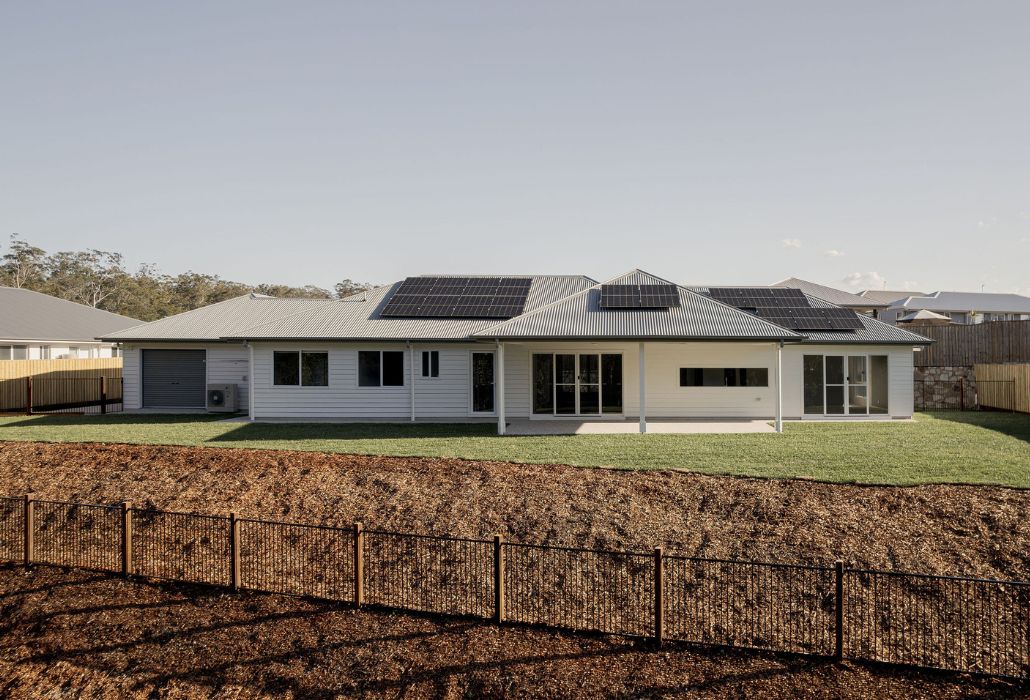 https://ausmarhomes.com.au/wp-content/uploads/2024/05/Blog-Wishlist-House-Gympie-Reaches-Halfway-Mark-Feature-Image-1030-x-700-1.jpg
700
1030
Kylie Jorgensen
https://ausmarhomes.com.au/wp-content/uploads/2022/11/Ausmar-Homes-New-Logo.svg
Kylie Jorgensen2024-05-14 14:48:252024-05-16 10:01:45Wishlist House Gympie Reaches Halfway Mark
https://ausmarhomes.com.au/wp-content/uploads/2024/05/Blog-Wishlist-House-Gympie-Reaches-Halfway-Mark-Feature-Image-1030-x-700-1.jpg
700
1030
Kylie Jorgensen
https://ausmarhomes.com.au/wp-content/uploads/2022/11/Ausmar-Homes-New-Logo.svg
Kylie Jorgensen2024-05-14 14:48:252024-05-16 10:01:45Wishlist House Gympie Reaches Halfway MarkADVICE
How Soil Conditions Impact Your Home Building Price
In this blog, we unveil how the type of soil on your block of land (sandy, clay, rocky) can impact your dream home’s building costs. Learn how a soil test saves money in the long run!
5 min read | May 6, 2024 – 7.00am
Finding the perfect block of land is an exciting milestone in your dream home journey. But beyond aesthetics and location, there’s a hidden layer to consider – the soil conditions. The type of soil on your block can significantly impact building costs. Here’s what you need to know:
The Ideal Foundation: Stable Soil
Solid, stable soil is a builder’s dream. It provides a strong foundation for your home, requiring minimal additional work before construction begins. This translates to a more cost-effective build, allowing you to allocate more resources towards your dream home’s design and finishes.
Understanding Different Soil Types:
Not all soil is created equal. Here’s a breakdown of some common types and their impact on building costs:
- Sandy Soil: Generally considered good for building due to its drainage properties. However, sandy soil might require additional measures to ensure proper foundation stability, potentially impacting cost.
- Clay Soil: Clay can be problematic if highly reactive. As moisture content changes, clay can expand and contract, putting stress on the foundation. This may necessitate specialised foundation systems or soil stabilisation techniques, adding to the cost.
- Rocky Soil: Building on rocky terrain can be challenging and expensive. Extensive excavation or blasting might be required to create a level building platform, significantly impacting the budget.
The Solution:
Before construction begins, a geotechnical survey is crucial. This survey analyses the soil composition and bearing capacity, helping determine the most suitable foundation type for your specific block. While the survey itself adds a cost, it can save you money in the long run by preventing potential foundation issues down the line.
Working with What You Have:
Here’s how to navigate different soil conditions:
- Communicate with Your Builder: An experienced builder can assess the soil conditions and recommend cost-effective solutions based on the geotechnical survey findings.
- Explore Foundation Options: Depending on the soil type, different foundation systems might be necessary. Discuss the pros and cons of each option with your builder, considering both cost and long-term stability.
- Embrace Innovation: New technologies like screw pile foundations can sometimes offer cost-effective solutions for challenging soil conditions. Discuss these possibilities with your builder.
At AUSMAR, we understand the importance of a solid foundation – literally and figuratively. Our team of experienced professionals can work with you to understand the soil conditions on your block and recommend the most appropriate and cost-effective building solutions. We’ll ensure your dream home is built on a foundation that’s strong, secure, and within your budget.
Ready to Build Your Dream Home?
Contact us today for a free consultation. Let’s discuss how we can navigate the soil conditions on your chosen block and turn your dream home into a reality.
KEEP READING
FEATURED
Building My First Home – Cara
October 2023
Building Our First Home – Jamie & Erica
November 2019
Building Our First Home – Giverny & Sam
November 2019











